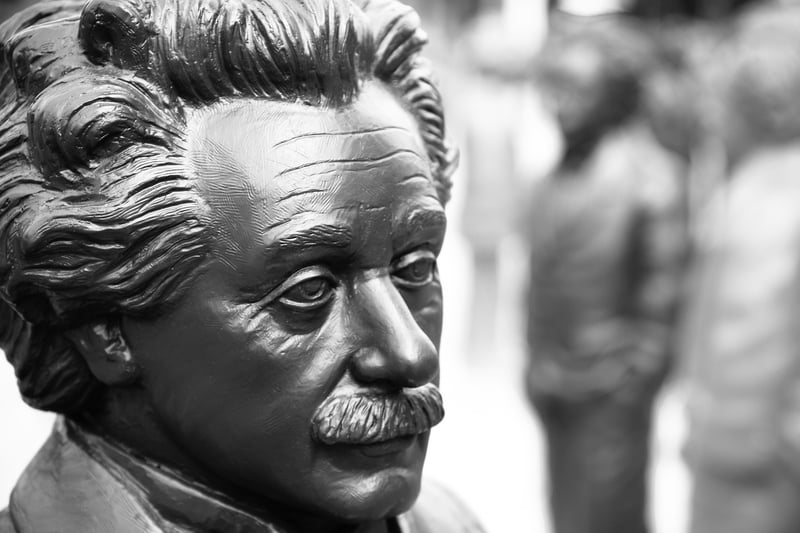Grandfather Paradox
The Grandfather Paradox: A Dive into Temporal Complexities
Time travel has been a captivating concept in science fiction for decades, often leading to mind-bending paradoxes and thought experiments. One of the most famous paradoxes is the Grandfather Paradox, which raises intriguing questions about causality and the nature of time itself.
What is the Grandfather Paradox?
The Grandfather Paradox is a hypothetical situation that involves a time traveler going back in time and preventing their own grandfather from meeting their grandmother. This action would result in the time traveler being never born, which raises the question: if the time traveler was never born, how could they go back in time to prevent their grandparents from meeting?
Exploring the Consequences
This paradox highlights the potential logical inconsistencies that arise when considering time travel. If time travel were possible and paradoxes like this could occur, it could challenge our understanding of cause and effect, leading to a cascade of contradictory events.
Theories and Resolutions
Various theories have been proposed to resolve the Grandfather Paradox, including the idea of multiple timelines or parallel universes. Some suggest that any action taken in the past would create a new branch of reality, effectively avoiding the paradox by ensuring that the original timeline remains intact.
Conclusion
While the Grandfather Paradox is a fascinating concept that sparks intense debates among physicists and philosophers, it also serves as a reminder of the intricate and puzzling nature of time and causality. Whether time travel will ever become a reality or remain confined to the realm of fiction, exploring these paradoxes continues to stimulate our imagination and challenge our perceptions of the universe.

Image Source: Pixabay
